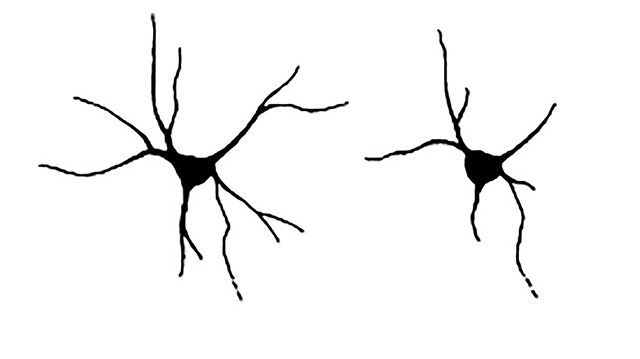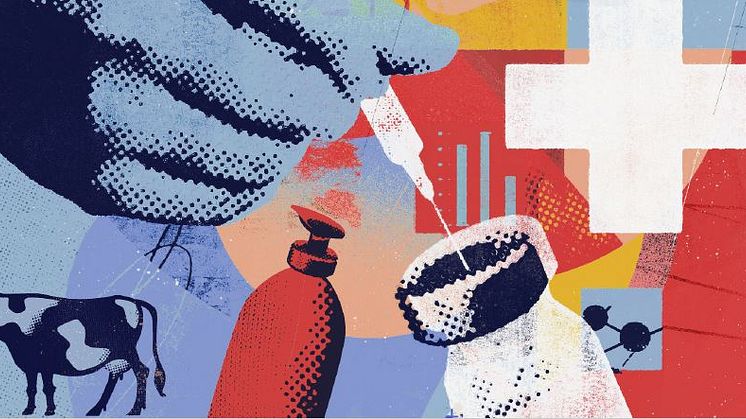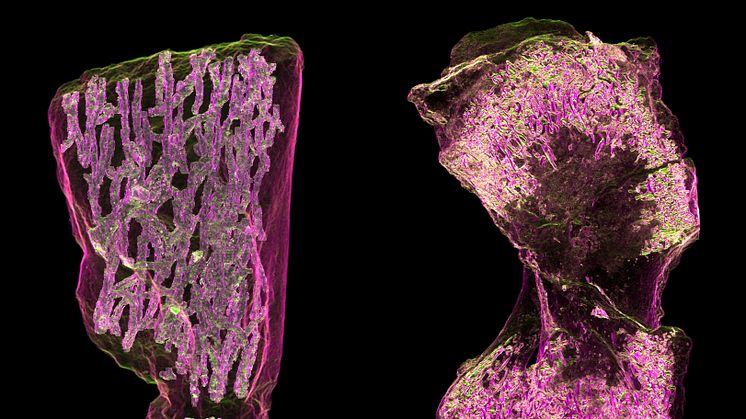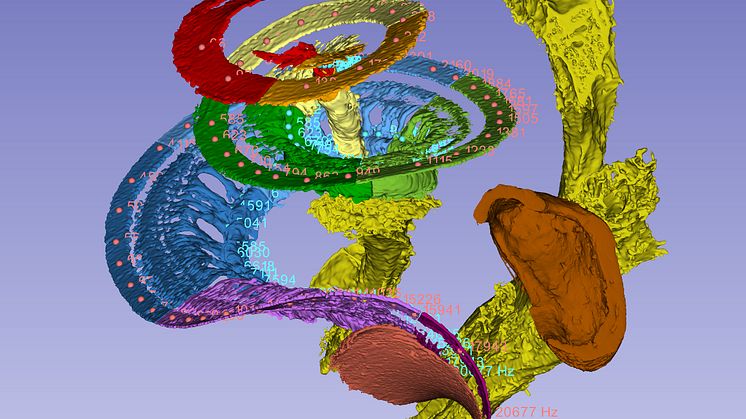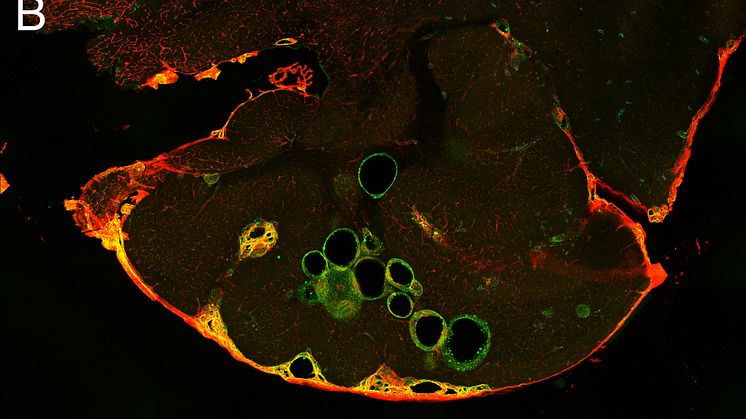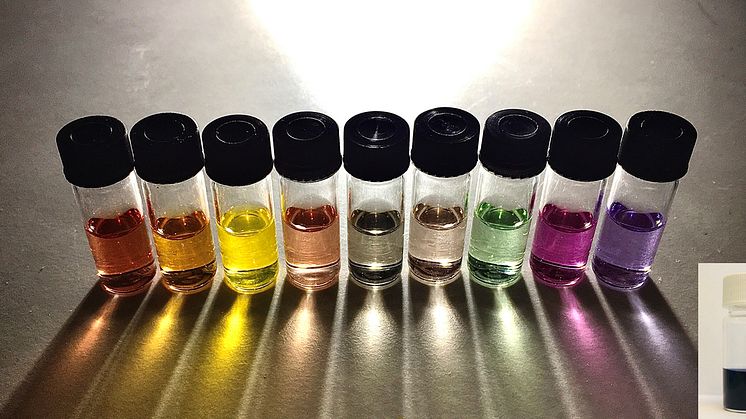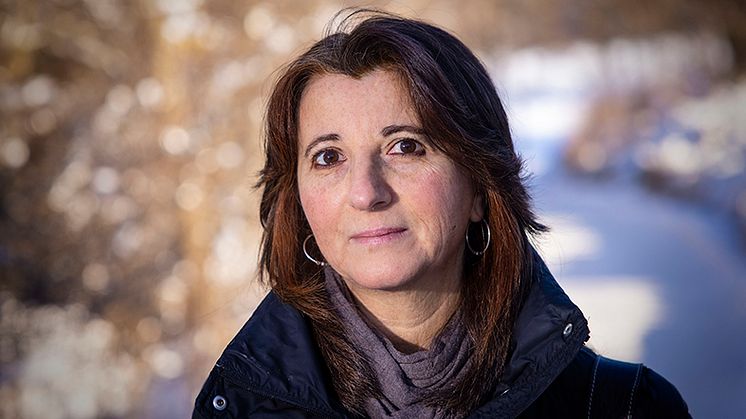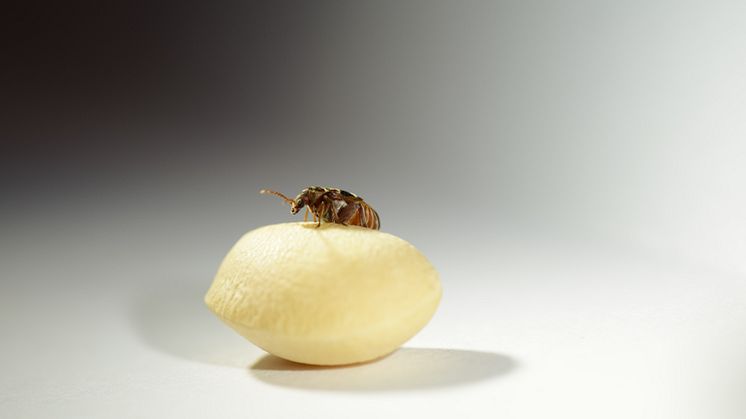Mutations in the neurochondrin gene linked to epilepsy
Mutations in the neurochondrin (NCDN) gene can cause epilepsy, neurodevelopmental delay and intellectual disability. The gene mutation significantly impairs contacts and signalling between neurons in the brain. This is the conclusion of a study led from Uppsala University and published in the American Journal of Human Genetics.
